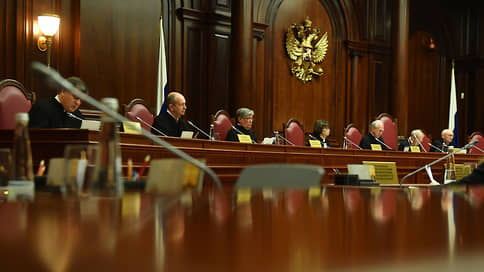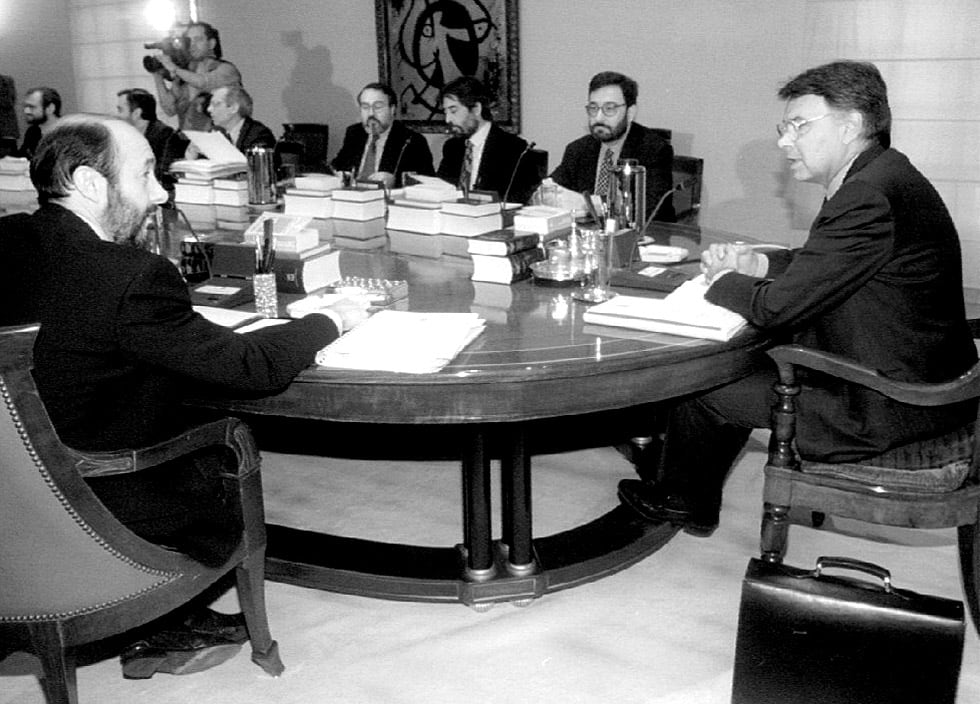The Constitutional Court allowed to remove family cars for drunk driving

The Constitutional Court (KS) confirmed the legitimacy of the confiscation of the car from the wife of the convict for repeated driving drunken form. As stated in the decision published on the court website on May 30, such a measure is justified by the public danger of a crime and does not lose its preventive effect even in the event of the death of the violator. However, an insurance from the withdrawal of a car due to the fault of one of the spouses can be a marriage contract, a lawyer recalls.
Verification of the provisions of Art. 104.1 of the Criminal Code (Criminal Code), which provides for the confiscation of the car for repeated drunken driving, Initiated A resident of Abakan Oksana Andriyanova. As follows from the case file, in 2023 her husband was sentenced to corrective work for repeated drunken driving (Article 264.1 of the Criminal Code). The court also confiscated the Toyota Prius car, which was jointly owned by the spouses. Two months after the sentence entered into force, the man died, and the confiscated car was seized by bailiffs after his death.
Mrs. Andriyanova, in her complaint in the Constitutional Court, indicated that she did not commit crimes, and the interpretation of the law applied in the case contradicts Art. 35 of the Constitution, which prohibits the forced seizure of property for state needs without equivalent compensation.
Meanwhile, according to the Family Code, the spouses independently meet their obligations. Therefore, the applicant complained, the controversial norm of the Criminal Code, allowing the confiscation of the common car in the event of a crime by one of the spouses, actually introduces collective liability for violations such as repeated drunken driving or riding without rights.
However, the KS with Oksana Andriyanova did not agree. The confiscation of a vehicle in joint ownership really leads to a restriction of the property rights of an innocent in a spouse, the court confirmed. But such a restriction is justified by the need to reduce the risk of new such crimes. According to the COP, the understanding that drunken riding can affect not only the guilty, but the whole family, enhances the effectiveness of the contested norm and acts as an additional deterrence factor. Moreover, the special legal status of the family and the very nature of marital relations “suggest the possibility of the influence of one spouse on another,” the resolution says. And even the death of the spouse, who was the culprit of the crime, does not cancel the purpose of the punishment, insists the Constitutional Court, especially since the sentence entered into force before his death.
Earlier, the Constitutional Court has repeatedly confirmed the legitimacy of the car confiscation for repeated drunken driving as a measure, which is “proportionate to the public danger of an act, is justified and objectively justified, aimed at ensuring public security”, even if the car was The only one the source of income of the convicted person or was in pledge. However, Russians continue to experience the corresponding norm of the law for strength. Recall that the amendments to the Criminal Code, providing for the seizure of cars for re -driving and a number of violations, began to operate in July 2022, and confiscation volumes are constantly growing.
In 2024, according to judicial statistics, more than 11,323 cars were taken from drunken drivers, while a year earlier – only 7344.
A guarantee of the protection of the rights of one of the spouses from confiscation due to the fault of the other, according to the position of the Supreme Court (Sun), may serve as a marriage contract. So, more recently, the College of the Armed Forces for criminal cases defended the car, which was in separate property of one of the spouses, and canceled the verdict in terms of its confiscation. The marriage contract remains “insurance” from the removal of personal property of one of the spouses, says Vladimir Khantimirov, managing partner of the Asterisk Law Bureau, because the KS recognized the confiscation of a car with the legal status of common property. If the spouse allocated the car as his personal property, then this will become an obstacle to his confiscation in connection with the offense committed by another spouse, the expert summarizes.




:format(jpeg):fill(f8f8f8,true)/s3/static.nrc.nl/taxonomy/061fd2f-Rusman%252C%2520Floor%25202023%2520%255BDoomernik%25202320%255D%25201280%2520WEB.png)

